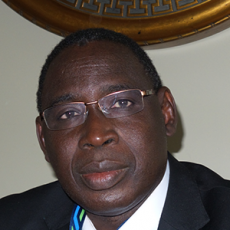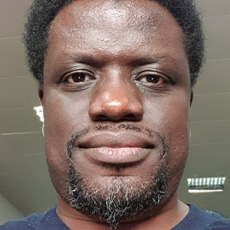The Democratic Republic of the Congo is grappling with the world’s second-largest Ebola epidemic on record, with more than 1,800 lives lost and over 2,600 confirmed infections since the outbreak was declared on 1st August 2018. The World Health Organisation and other organisations are facing increasing challenges in fighting Ebola. This epidemic has raised many questions about the control of infectious disease in an increasingly connected global society. We asked the opinion of international professionals working in the health sector about the challenges they are facing in fighting this epidemic.
As the Ebola outbreak has now been raging in Eastern DRC for over a year, and the number of new cases notified per week remains high, the battle against this epidemic seems far from over. Could this Ebola epidemic become as serious as the outbreak that devastated three countries in West Africa between 2013 and 2016?

“The epidemic in Eastern DRC is less deadly, but it is complicated to manage given the insecurity of the region.”

“The outbreak in Eastern DRC is equally deadly and has the potential to spread to other regions of the world if it is not well contained and treated.”
There are many challenges that make the fight against Ebola hard to win. International healthcare workers call this the first Ebola outbreak to occur in what is essentially a war zone, which makes this outbreak unique.

“Conflict comes first. Cultural practices too will be a challenge because the community must be willing to change some traditional rites such as burial, general hygiene, food such as bushmeat, etc.”

“The major constraints faced are the security risk inside DRC, community cultural malpractices such as washing and carrying the dead bodies of their loved ones, poor infrastructure such as access to roads and low awareness in the community and a weak and fragile health system that is capable of withstanding the existing public health threat etc.”
Health officials have emphasized that a coordinated, consistent global response is necessary to keep this public-health emergency, which is of international concern under control.

“The international community has a major role to play, but it intervened too late, initially hesitating to declare Ebola DRC as a global health emergency, which was contrary to Ebola West Africa.”

“One of the lessons officials have learned from previous outbreaks is to identify the symptoms early, contain and treat. Another major lesson is in the way we handle the dead. In most African communities, women are made to sleep with their dead husbands on the same bed overnight and/or handle dead bodies without proper safety equipment. Now, these traditions are practiced less and people are more cautious about handling dead bodies.”

“The international community is doing a commendable job in the containment of the Ebola disease. Without the intervention of the international community, DRC alone cannot manage to contain the situation.”
More than a year after the outbreak, the number of new infections is still on the rise, and the virus has serious potential to spread to other countries. Could there have been any mistakes or missed opportunities during this outbreak?

“The DRC is a country and the region affected by the epidemic is at the crossroads of the Great Lakes region. This was largely sufficient to declare a public health emergency of international concern. Also, poor information on disease, fear, and mistrust all undermined the fight against the epidemic. The health authorities did not include in the planning of their intervention the strategy, “do no harm”. This would have allowed them to take into account the real needs and concerns of the affected populations”.
Read more about Ebola on DevelopmentAid news.

